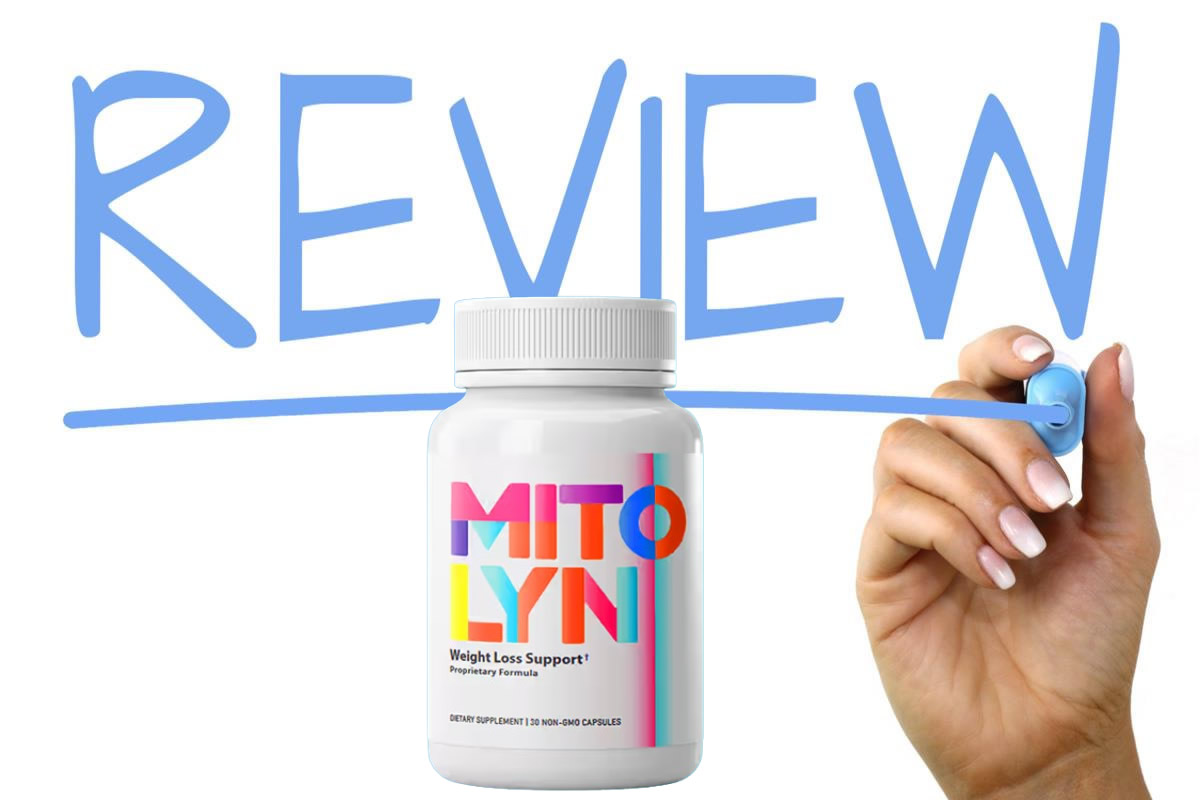As you approach your 65th birthday, understanding when your Medicare coverage kicks in is essential. If you enroll during your Initial Enrollment Period, your coverage usually starts on the first day of the month you turn 65. But what if your birthday lands on the first of the month? Or what if you miss that initial window? These details can greatly impact your healthcare. Let’s explore what you need to know to avoid any surprises.
Understanding Medicare Eligibility
As you approach your 65th birthday, it’s important to understand Medicare eligibility. Generally, you’re eligible if you’re a U.S. citizen or a permanent resident who’s lived in the country for at least five years.
If you’re already receiving Social Security benefits, you’ll automatically be enrolled in Medicare when you turn 65. However, if you haven’t signed up for Social Security yet, you’ll need to initiate the enrollment process yourself.
Additionally, if you have certain disabilities or conditions like End-Stage Renal Disease, you may qualify earlier.
It’s essential to review your health needs and current coverage to guarantee you make informed decisions about your Medicare options. Being proactive helps you avoid gaps in coverage as you shift into this new phase of healthcare.
Key Enrollment Periods
Understanding the key enrollment periods for Medicare is essential, especially since missing a deadline can result in delays and penalties.
There are several important windows you need to be aware of. The Initial Enrollment Period lasts seven months, starting three months before your 65th birthday and ending three months after.
If you miss this, the General Enrollment Period runs from January 1 to March 31 each year, with coverage starting in July.
Additionally, if you qualify for Extra Help, you can enroll during the Special Enrollment Period anytime throughout the year.
Staying informed about these periods helps you avoid gaps in coverage and unnecessary costs, ensuring you get the Medicare benefits you need when you need them.
Initial Enrollment Period Explained
The Initial Enrollment Period (IEP) is a significant time frame for anyone approaching age 65 and looking to enroll in Medicare. This period lasts for seven months, starting three months before your birthday month, including your birthday month, and extending three months after.
It’s your best chance to sign up for Medicare without facing penalties or delays in coverage. During the IEP, you can enroll in Medicare Part A, Part B, or both.
If you’re already receiving Social Security benefits, you’ll automatically be enrolled in Part A and Part B. However, if you’re not, you’ll need to take action to sign up.
Be sure to pay attention to this critical time to guarantee you have the coverage you need.
Special Enrollment Periods
If you miss your Initial Enrollment Period, you might still have options through Special Enrollment Periods (SEPs). SEPs allow you to enroll in Medicare outside the usual enrollment windows if you experience qualifying life events.
These events can include losing your current health coverage, moving out of a service area, or qualifying for Medicaid. You typically have an SEP lasting for eight months after these events to sign up for Medicare.
However, the specific circumstances that trigger an SEP can vary, so it’s essential to understand your situation. If you think you qualify, you should act quickly to avoid any gaps in your healthcare coverage.
Stay informed and make sure you don’t miss out on the benefits you deserve!
Coverage Start Dates
When you turn 65, knowing when your Medicare coverage starts is essential for planning your healthcare needs.
If you enroll during the Initial Enrollment Period, which lasts seven months—three months before, the month of, and three months after your birthday—your coverage typically begins on the first day of your birthday month. If your birthday is on the first day of the month, coverage kicks in the month before.
If you delay enrollment, your start date may shift. For example, if you sign up during the General Enrollment Period, your coverage will begin on July 1 if you enroll between January 1 and March 31.
Understanding these dates helps you avoid gaps in coverage and plan your healthcare effectively.
What to Do If You Miss the Enrollment Window
Missing the Medicare enrollment window can feel overwhelming, but it’s not the end of the road. If you missed your Initial Enrollment Period, don’t panic. You can still sign up during the General Enrollment Period, which runs from January 1 to March 31 each year. Your coverage will begin on July 1.
Alternatively, if you qualify for a Special Enrollment Period due to specific circumstances—like losing employer coverage—take advantage of that opportunity. Be certain to gather necessary documents to support your application.
Also, keep in mind that late enrollment may result in a penalty, so act quickly.
Contact the Social Security Administration or visit their website for guidance on your next steps and to guarantee you get the coverage you need.
Conclusion
To summarize, understanding when Medicare starts after you turn 65 is essential for ensuring you have the coverage you need. If you enroll during your Initial Enrollment Period, your coverage will typically begin on the first day of your birthday month. Missing this window can lead to gaps in healthcare coverage, so be sure to stay informed about your options. Remember, it’s never too late to look into your enrollment choices and secure your healthcare needs.














